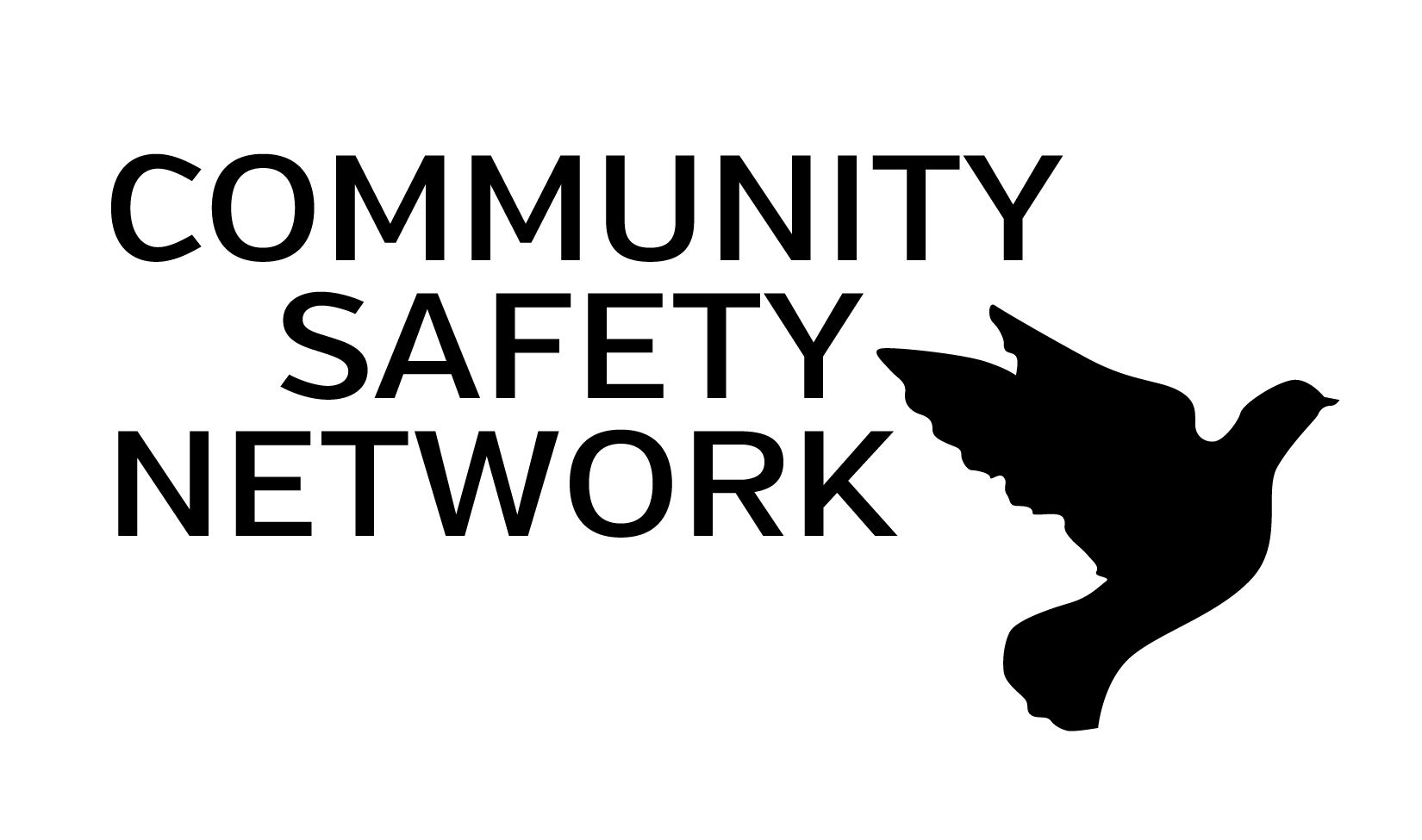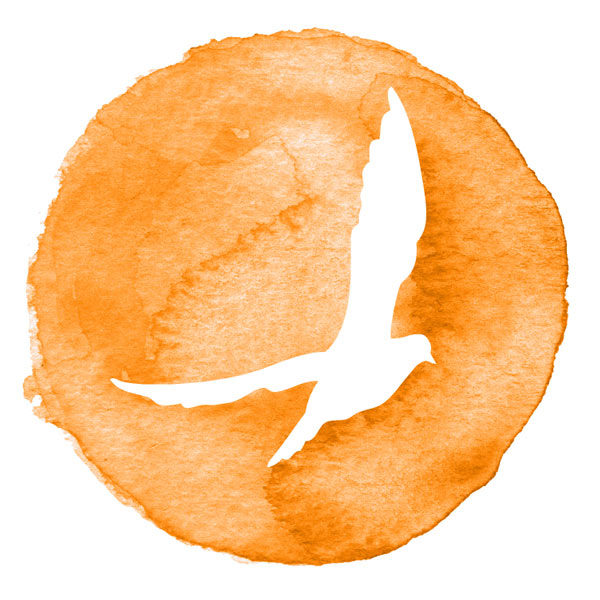COMMUNITY SAFETY NETWORK
sexual assault
Sexual Assault is any forced or non-consensual sexual activity.
All acts of sexual assault – no matter how violent, no matter the perpetrator – can be devastating. Sexual assault can make people feel alone. Community Safety Network allays such isolation by offering a net of resources and support. We are here to listen, 24 hours a day, just a call away: 307-733-SAFE (7233).
- Go to a safe location, and call a friend or the Community Safety Network at 307-733-SAFE (7233) to discuss options.
- Seek medical attention. A CSN advocate can accompany a victim/survivor during a hospital visit. As an adult, medical care does not require filing a police report. The state of Wyoming will pay for most or all of the cost of the hospital sexual assault examination. Whatever is not covered by the State, CSN can figure out other financial resources for payment.
- Do not shower, bathe or douche: the only way to collect evidence of the assault is to keep one’s physical state intact. Because Wyoming has no statute of limitations for sexual assaults, people may decide later to make a police report.
- If drugging is suspected, wait to urinate at the hospital or collect urine in a clean container with a lid and take it to the emergency room or police station. Also, be sure to share concerns with the Emergency Room personnel, including symptoms, so that they can take the necessary samples.
- People who decide to report the assault should call 911. A CSN advocate can accompany them to make a report and provide information about options.
The Recovery
No one can predict how someone will react to a sexual assault. Such a personal crime has personal consequences.
- Excessive fear
- Excessive anxiety
- Frustration and anger
- Sleeplessness
- Inability to concentrate
- Social isolation
- Changes in eating habits
- Feeling suicidal
- Other Feelings
Community Safety Network is here to support: symptoms may not go away with time, or they may return years later. We can support people coping at any stage – for free, confidentially. We can recommend a therapist, an essential advisor for anyone dealing with trauma. We can offer financial assistance. We are guides in the healing process.
The Drug Method
Drugs are frequently used to facilitate sexual assault, from alcohol – the most common – to other powerful chemicals. Drugs can be administered by anyone from a stranger or casual acquaintance to a trusted friend.
- The feeling of being more intoxicated than normal according to the amount of alcohol consumed.
- Waking up extremely hung-over, unable to account for a period of time.
- One of the last clear memories is of taking a drink.
- The feeling of just having sex or being sexually assaulted with no recollection of such activity.
- Unexplained memory loss.
- Missing clothes and no sense of why.
- Injuries, but no recollection of any incident.
- Alcohol: At least half of all acquaintance sexual assaults involve alcohol consumption by the perpetrator, the victim, or most commonly, both.
- Rohypnol (aka Roofies): Generally a tablet that is odorless once dissolved, though it may make the drink cloudy or flecked by floating bits.
- GHB: A clear liquid, slightly thicker than water with a mild, indistinct odor and slightly salty taste.
- Ketamine (aka Special K): A veterinary medicine, available as a liquid or powder
Community Safety Network is here to support: symptoms may not go away with time, or they may return years later. We can support people coping at any stage – for free, confidentially. We can recommend a therapist, an essential advisor for anyone dealing with trauma. We can offer financial assistance. We are guides in the healing process.
The Resources
- The National Sexual Violence Resource: The nation’s principle information/resource center regarding all aspects of sexual violence.
- Rape and Incest National Network (RAINN): Operator of the National Sexual Assault Hotline (1-800-656-HOPE) and Online Hotline (rainn.org).
- Make the Connection and Safe Helpline: Extensive resources for veterans suffering from effects of military sexual trauma.
- NO MORE: National campaign to galvanize awareness about sexual assault and domestic violence.
- MaleSurvivor and 1in6: Both geared toward male survivors of sexual assault.
- Pandora’s Project: An online support group for survivors of sexual assault.
Community Safety Network is here to support: symptoms may not go away with time, or they may return years later. We can help people cope at any stage – for free, confidentially. We can recommend a therapist, an essential advisor for anyone dealing with trauma. We can offer financial assistance. We are guides in the healing process.

